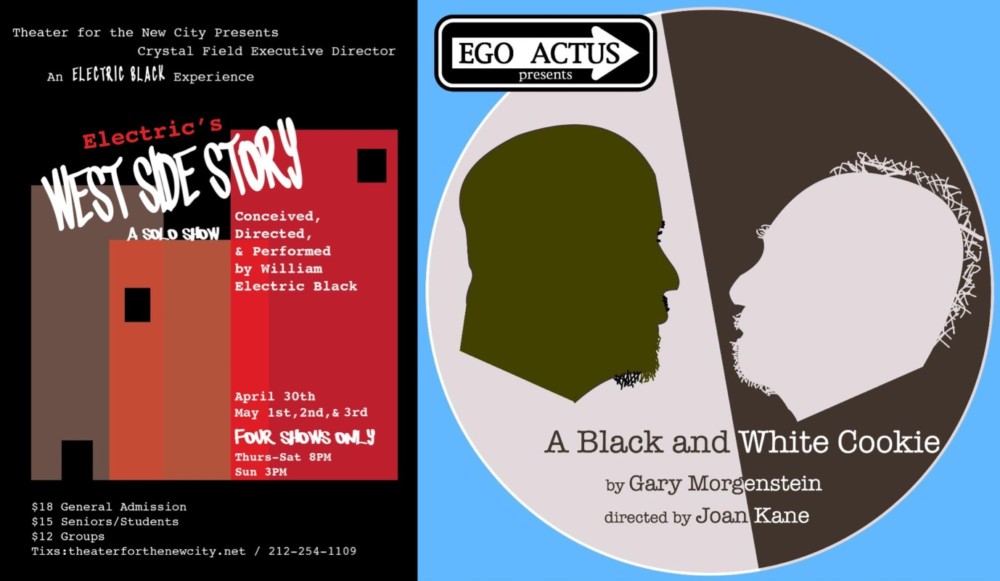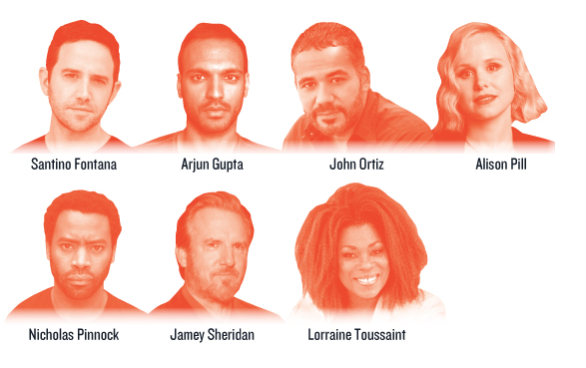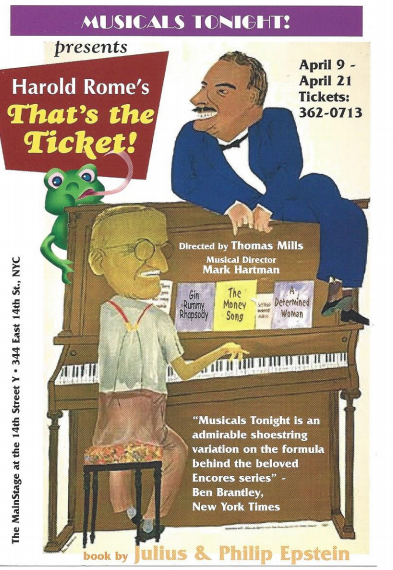by Guest Writer Gary Morgenstein
During World War II, the British government initially closed down theaters; an audience would be easy targets for the relentless German bombers raining death on London. Gradually the government relaxed its rules and theater flourished. Air raids would be announced from either the stage or through illuminated lights by the floodlights. Most patrons chose to stay and confront the terror of war together.
Now we confront a new kind of terror. Unfortunately, the nature of the coronavirus precludes this sort of brave gesture of shared courage. But fear doesn’t only provoke the Mad Max hoarding of toilet paper. Fear also unleashes that most ancient of diseases: prejudice.
Bigotry amid a global health crisis is sadly familiar. Thousands of Jews were slaughtered during the 14th Century bubonic plague, suspected of poisoning the wells. Seven centuries later, the world isn’t exactly banding together like Independence Day. Borders are closing. Xenophobia stirs. Ugly anti-Asian sentiments take flight, such as don’t eat Chinese food. Even absurd warnings against drinking Corona beer carry an implied hatred of someone.
Self-isolation is further imposed, as if we hadn’t descended into our narcissistic social media silos long ago. Believe it or not, the 1,000 plus “friends” on Facebook ain’t all real friends. The essence of playwriting targets such shallowness by presenting fragile people overcoming stark differences by building sturdy relationships. We need to be wrenched out of our warrens with more human contact. Not physical, but emotional. Less tweets, more dialogue. Discovering someone is just another human being with all the same flaws differently disguised is the soul of theater.
Said William Electric Black of his immersive one man show Electric’s West Side Story (scheduled to open at the Theater for the New City April 30): “West Side Story derived from the classic Romeo & Juliet, a tale of star-crossed lovers from different sides of the tracks. Differences that both worlds – the 1950s and Shakespeare’s Verona both created with a purpose – via hate through fabricated prejudices – consume two innocent characters (Tony & Maria/Romeo & Juliet). The classic story West Side Story is a great tool for understanding what it is that we must change about the way we view each other. Whether it’s through gender bias, color bias, race, religion, gay or queer hatred, a change must happen. Theater is where we can gather people in order to bring about change.”
To penetrate the heart of prejudice, playwrights should examine ordinary people caught up in their bigotries. As playwright of my new play A Black and White Cookie, that’s what I do. It’s easy to write about extremists. Forgive the turn of phrase, but that’s oh so black and white. The thugs wearing swastikas don’t allow bigotry to flourish. Prejudice mutates when decent people turn blind to hate against “those people” because well, “you know what those people are like.” Except all of us are, in some way, “those people.” Different, hyphenated. Soon we might add coronavirus victims to that very long list. Or someone who has a sneezing fit on the subway.
“My show gets into the racial divide – Jets vs. Sharks – the walls, the barriers,” said Mr. Black. “In an earlier work Gunplays, it was about the plague of gun violence in the Black community that has been allowed by our society and system to keep a group of people enslaved. Racial hatred does the same – both are an illness – like the present day virus that now plagues us. As a nation we are determined to fight C19, but what about gun violence and racism. I’m telling the story in my own Electric way, using bits of Romeo and Juliet, while channeling the characters of Tony, Riff, Maria, Bernardo, Lt. Schrank, Officer Krupke and a few others to raise awareness to the illness – the walls we build between us – a virus that perhaps there is no cure for.”
Perhaps there’s no cure, but there are treatments. As playwrights we summon the magic of theater and ask the audience to rethink how they think so we can try to change the world, one performance at a time. And hopefully, do this with humor. I can’t wait to sit in the last row again and hear that most ancient sound: laughter.
A creative force in theater, William Electric Black – the stage name for Ian Ellis James, a multi-talented writer, producer and performer who has won seven Emmy Awards – has written more than 30 plays which have been produced over 25 years in New York City, Boston, Chicago and Los Angeles. A staple of New York City theater, his work has often been presented at the Theater for the New City and La MaMa. His educational entertainment writing for TV includes Sesame Street to Nickelodeon, Scholastic Productions, Warner Cable, Topstone Productions and Lancit Media Entertainment.
The recently postponed funny new drama A Black and White Cookie by Morgenstein (directed by Joan Kane, produced by Ego Actus), is about the unlikely friendship between an African American newsstand owner and a Jewish Communist, is expected to premiere later at the Theater for the New City.
Morgenstein is the author of six novels including the critically acclaimed dystopian A Mound Over Hell, which has been hailed as “1984 Meets Shoeless Joe.” A Fastball for Freedom, the second book in The Dark Depths series, will be published by BHC Press in 2021.






















